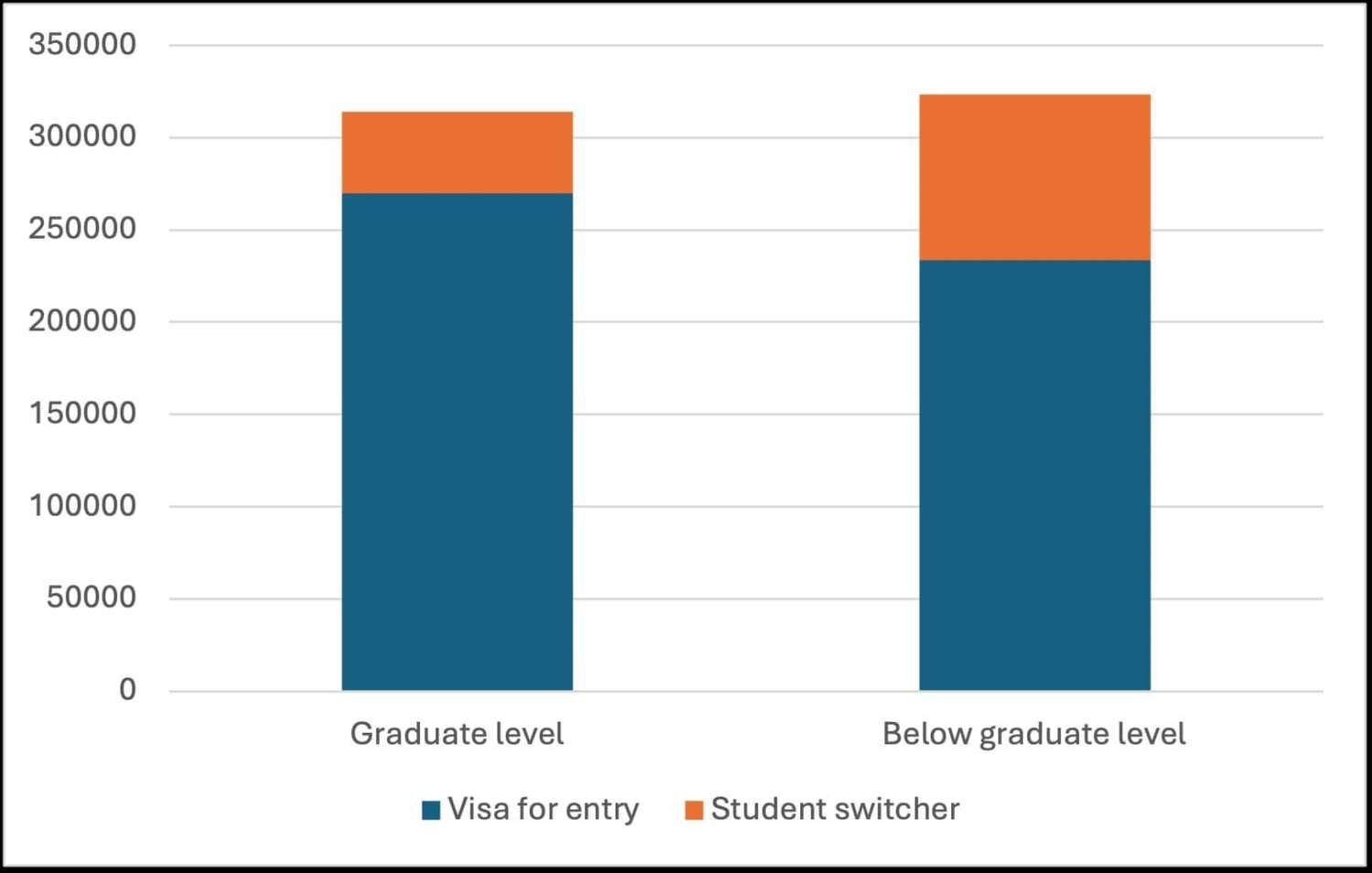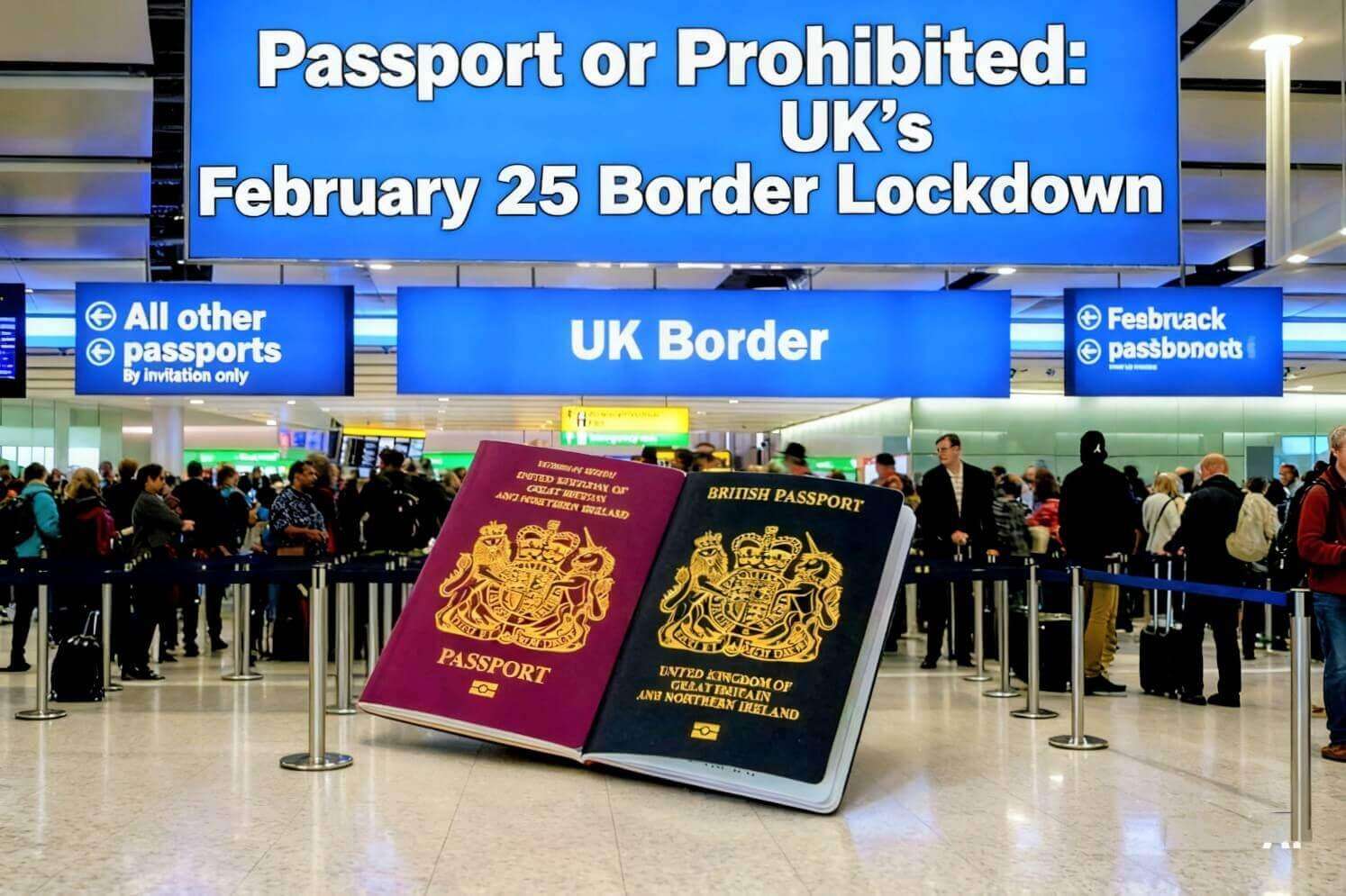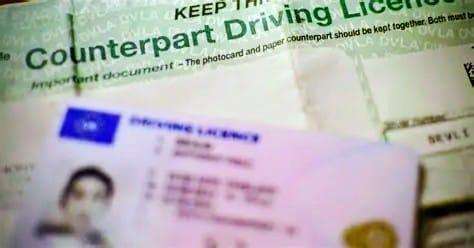There won't be a permanent ceasefire in Gaza until Hamas' military and political infrastructure is dismantled and all hostages are freed, according to Benjamin Netanyahu.
The announcement by US President Joe Biden that Israel had presented Hamas with a three-phase plan aimed at achieving a durable truce precedes the declaration from Israel's prime minister.
Hamas has already indicated it views the proposals "positively".
The negotiations come as fighting continues in Rafah, with reports of Israeli air strikes on Saturday in the city on Egypt's border with Gaza.
There is no guarantee that the public pressure by Mr Biden on both Israel and Hamas to accept the plan will result in a deal.
In statement on Saturday, Mr Netanyahu's office said Israel's "conditions for ending the war have not changed".
"The destruction of Hamas military and governing capabilities, the freeing of all hostages and ensuring that Gaza no longer poses a threat to Israel," it said.
The statement added Israel would "continue to insist these conditions are met" before agreeing to a permanent ceasefire, emphasising that no deal could be signed before meeting them.
On Friday, Mr Biden described the plan as a comprehensive Israeli proposal that paved the way for a permanent ceasefire.
The first phase would include a full and complete ceasefire, the withdrawal of Israeli forces from populated areas and the exchange of some hostages for Palestinian prisoners.
This would then be followed by the return of all remaining living hostages, including male soldiers.
The final phase would see the final remains of any deceased Israeli hostages returned, as well as a "major reconstruction plan" with US and international assistance to rebuild homes, schools and hospitals, Mr Biden said.
A total end to the conflict has been a key Hamas demand to engage in talks.
Mr Biden has acknowledged that not everyone in Israel would agree with the plan, but urged the authorities to resist the pressure.
There has been no word as yet from the far-right allies of Prime Minister Benjamin Netanyahu, who are likely to oppose the proposal.
They have previously threatened to quit the coalition, which could result in the collapse of the Netanyahu government.
But one of Israel's most influential opposition politicians, Yair Lapid, has promised to back Mr Netanyahu if he supports the ceasefire deal.
In a post on social media, Mr Lapid told the Israeli PM that he "has our safety net for a hostage deal" if far-right allies like national security minister Itamar Ben-Gvir and finance minister Bezalel Smotrich leave the government.








.svg)


